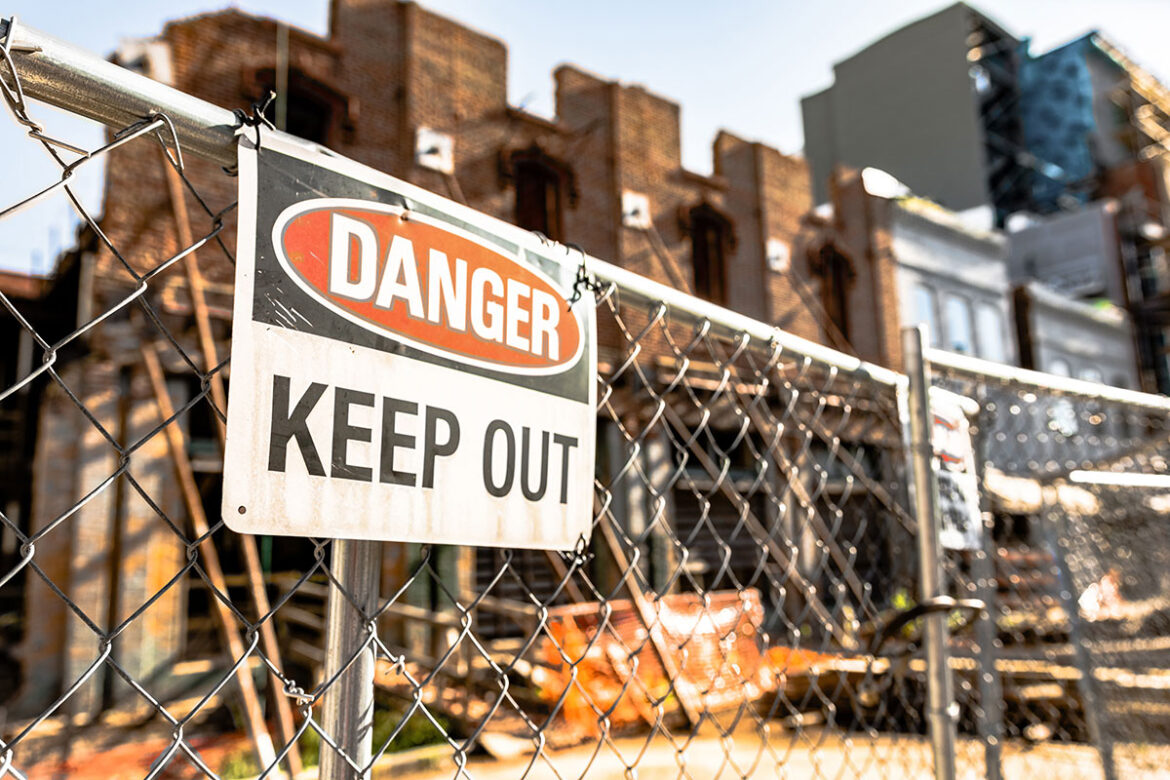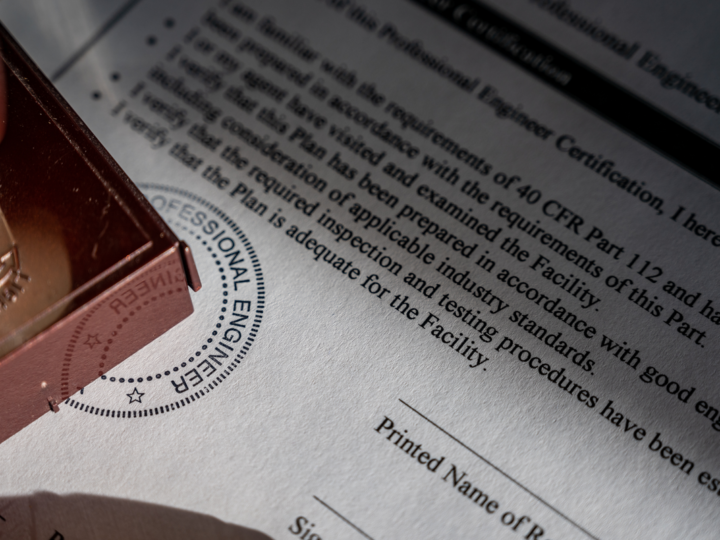
Professional Corporations Do Not Always Protect Licensed Engineers From Liability
By Sarah A. Johnson, Esq.
One of the purposes of creating a corporate entity is to limit the liability of those individuals involved with the corporation. Engineers often believe the professional corporation will protect them from liability, in other words, the corporation is liable, not the individual. Unfortunately, that is not always the case.
Unlike non-professionals, or individuals whose trades do not require licensure, licensed professionals, including engineers, are frequently deemed to have duties independent of their contracts. Thus, while many states have statutes allowing professionals to form corporations, the statutes themselves often state that the professional will remain personally liable for any negligence or wrongful acts committed by him/her while rendering professional services on behalf of the corporation.1 Accordingly, the individual engineer is often deemed to owe a duty, or to be potentially liable, to its client or others despite the contract for professional services being signed by the individual engineer’s corporate entity.
Courts Uphold Personal Liability Standard
In First American Title Insurance Company v. Semester Consultants, Inc., the Superior Court of New Jersey found that there was no need to pierce the corporate veil of the engineering corporation in order to hold the individual engineer liable for negligence, because the individual engineer was already subject to liability for his negligence due to the fact that he owed the plaintiff property owner an independent duty imposed by law.2 The case involved claims by the plaintiff property owner against the engineering corporation for breach of contract and negligence and a claim by the plaintiff property owner against the individual licensed engineer, who was the president and sole owner of the corporation, for negligence.3 Although the property owner contracted with the corporation for surveying services and a site plan for a construction project, the individual engineer designed, drew, and checked the site plan that was later found to contain significant survey errors, which prevented the plan from being used as part of the property owner’s ongoing permit application.4
The trial court granted the individual engineer’s motion for summary judgment on the negligence count, finding he could not be held personally liable for his negligence because his conduct did not require the trial court to pierce the corporate veil.5 The appellate court reversed the trial court’s grant of summary judgment, finding there was no need to pierce the corporate veil as the individual engineer owed the property owner an independent duty imposed by law, namely the duty to exercise the skill and knowledge normally possessed by engineers in good standing in similar communities.6 In concluding remarks, the appellate court referenced the language in the Professional Service Corporations Act, stating that licensed professionals remain personally liable for any negligence committed by them.7
Likewise, in Moransais v. Heathman, the Supreme Court of Florida found that individual licensed engineers performing work on a project were not protected from liability for their negligence by the corporation for whom they were acting or by the economic loss doctrine.8 The case involved a claim by the plaintiff property owner against the engineering corporation with which the property owner contracted for detailed inspection of the property and a claim by the plaintiff property owner against the two individual employee engineers who conducted the actual inspection.9
The court found the difference between an ordinary contractual duty and professional duty is that professionals have a duty to perform professional services in accordance with the standard of care used by similar professionals in the community under similar circumstances.10 The court also found that Florida recognized an action for professional malpractice as evidenced by the statute of limitations for such actions.11 The court further found while the Professional Services Corporation Act allowed professionals to form corporations, it indicated an intent to hold professionals personally liable for their negligent acts by stating the corporation will not relieve the individual members of their personal professional liability.12 Thus, the court concluded the individual employee engineers who actually rendered the professional services in the form of an inspection could be held personally liable for the negligent performance of those services, or the failure to detect and disclose defects in the property.13
After determining a cause of action for professional negligence against the individual employee engineers existed, the court used such reasoning to narrow the scope and application of the economic loss doctrine, which limits liability for economic loss to parties that have contracted with one another, finding it does not apply to bar negligence causes of action against those providing professional services.14 Thus, the court concluded the existence of the contract between the property owner and the engineering corporation did not operate to bar a cause of action for negligence, or professional malpractice, against the two individual employee engineers.15
As shown by the decisions in First American and Moransais, engineers cannot always rely on the protection of their professional corporations when providing professional services. Moreover, courts have used the wording of statutes governing the creation of professional corporations to carve out exclusions and/or limitations to the economic loss doctrine and thereby hold individual licensed engineers liable in tort, despite the fact they did not specifically contract to provide the professional services.
CITATIONS
1805 Ill. Comp. Stat. 10/8 (2017) (“Any officer, shareholder, agent or employee of a corporation organized under this Act shall remain personally and fully liable and accountable for any negligent or wrongful acts or misconduct committed by him […] while rendering professional services on behalf of the corporation to the person for whom such professional services were being rendered.); N.J. Stat. § 14A:17-8 (2017) (Any officer, shareholder, agent or employee of a professional corporation or a foreign professional legal corporation shall remain personally and fully liable and accountable for any negligent or wrongful acts or misconduct committed by him[…] while rendering professional service on behalf of the corporation in this State to the person for whom such professional service was being rendered;”); Fla. Stat. § 621.07 (2017) (any officer, agent, member, manager, or employee of a corporation or limited liability company organized under this act shall be personally liable and accountable only for negligent or wrongful acts or misconduct committed by that person […]while rendering professional service on behalf of the corporation or limited liability company to the person for whom such professional services were being rendered;”).
2First Am. Title Ins. Co. v. Semester Consultants, Inc., No. A-5357-10T1, 2012 N.J. Unpub. LEXIS 689, *9-10 (N.J. Super Ct. App. Div. March 29, 20102).
3Id. at *2-4.
4Id. at *2-3.
5Id. at *4-5.
6Id. at *9-10.
7Id. at *11.
8Moransais v. Heathman, 744 So.2d 973, 984 (Fla. 1999), overruled in part by Tiara Condo. Ass’n v. Marsh & McLennan Cos., 110 So.2d 399 (Fla. 2013).
9Id. at 975.
10Id. at 976.
11Id.
12Id. at 978.
13Id. at 979.
14Id. at 983.
15Id.






